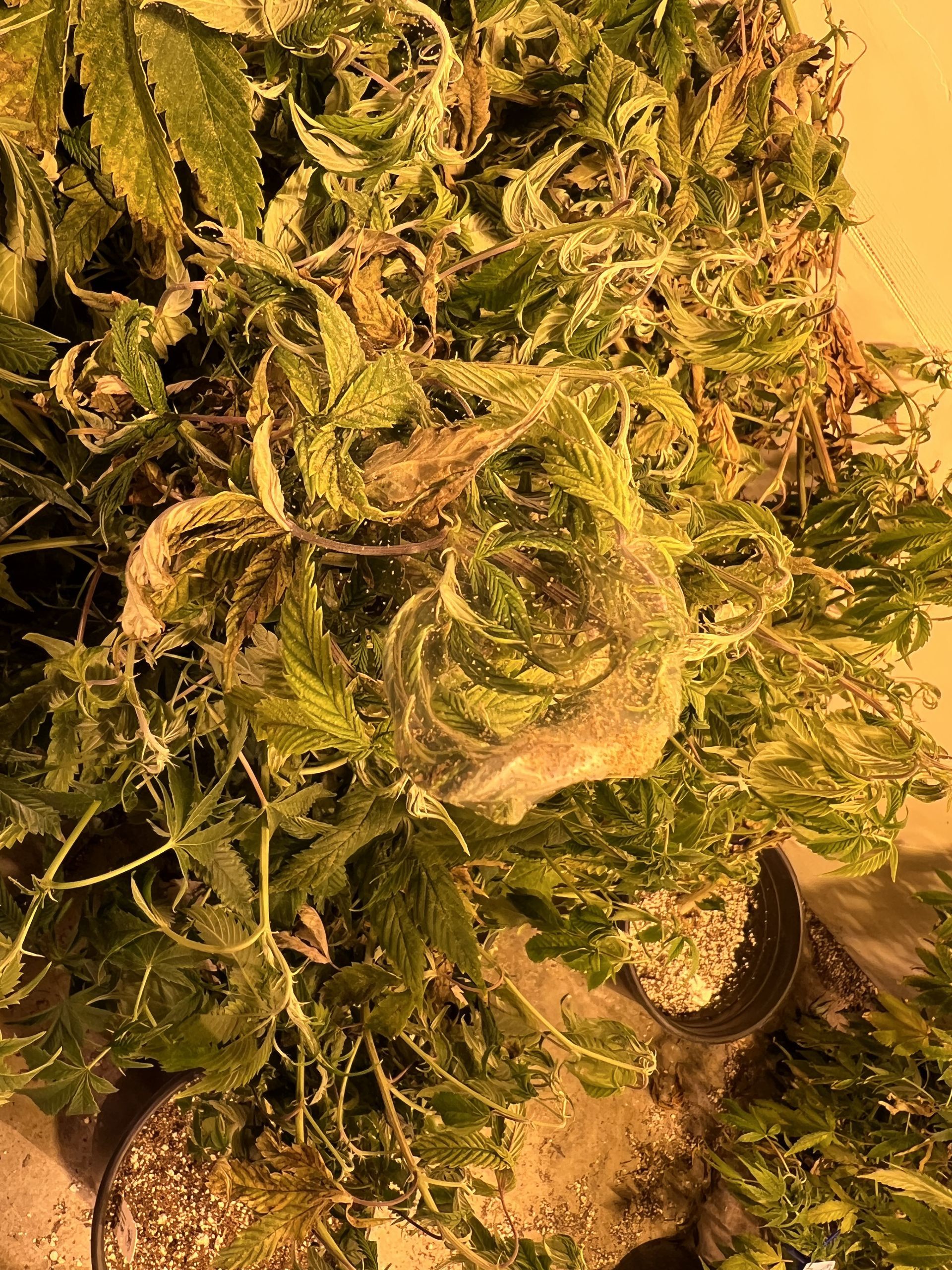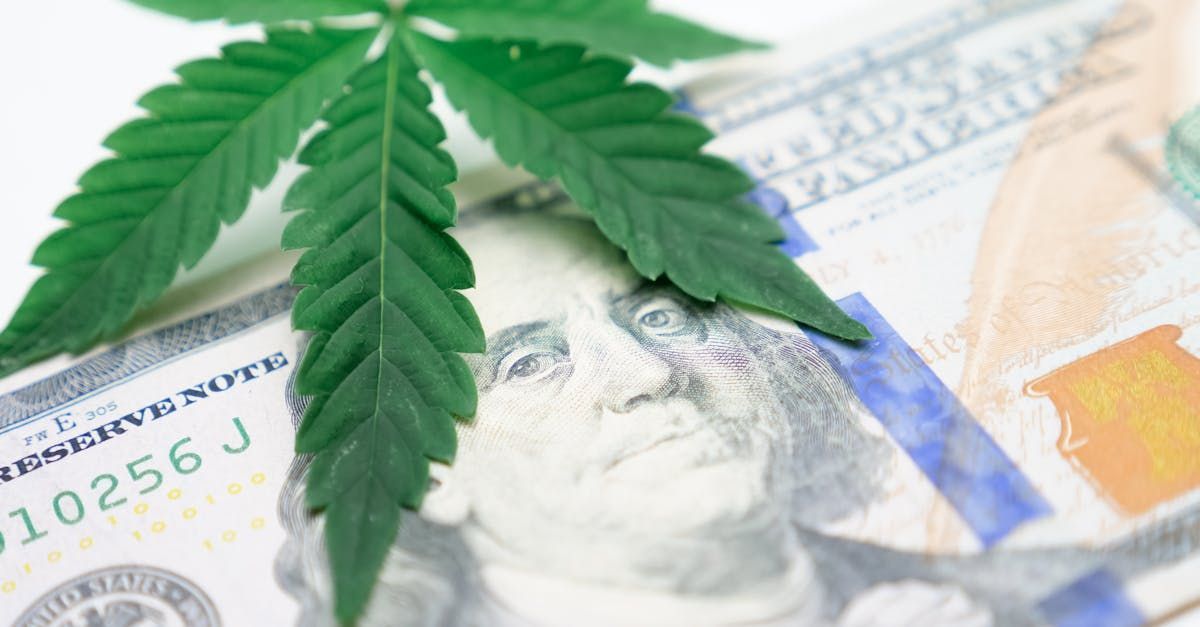Comprehensive Analysis of Cannabis and Hemp in South Carolina: A Deep Dive into the State’s Evolving Landscape
As the legal and economic landscape surrounding cannabis and hemp continues to evolve across the United States, South Carolina remains a state of interest for both advocates and industry players. Understanding the complexities of cannabis and hemp in South Carolina requires an in-depth look at its legal framework, agricultural practices, economic impact, public opinion, and comparative standing among neighboring states. This article provides a comprehensive overview, addressing frequently asked questions and offering valuable insights into this dynamic industry.

The Cannabis and Hemp Landscape in South Carolina
South Carolina has been cautious in its approach to cannabis legalization, standing firm in its conservative stance while gradually embracing the economic potential of hemp. Despite national trends toward broader legalization, South Carolina's cannabis laws remain restrictive, with medical marijuana still illegal and recreational use out of the question. However, the state has seen significant growth in its hemp industry since the passage of the 2018 Farm Bill, which legalized hemp production at the federal level. This article delves into the various facets of cannabis and hemp in South Carolina, offering a detailed analysis for those looking to understand or invest in this emerging market.
1. Legal Framework: Understanding the Regulatory Environment
Current Status
In South Carolina, cannabis remains largely illegal. Both recreational and medical marijuana use are prohibited under state law, making it one of the more restrictive states in the nation regarding cannabis policy. However, the state does allow for the cultivation of industrial hemp, which has seen considerable growth since its legalization.
- CBD and Industrial Hemp: Under South Carolina law, industrial hemp and its derivatives, including CBD, are legal as long as they contain less than 0.3% THC. This aligns with federal guidelines set forth by the 2018 Farm Bill.
- Medical and Recreational Marijuana: There is no legal framework for medical or recreational marijuana in South Carolina. Efforts to legalize medical cannabis have stalled in the state legislature, though the issue remains a topic of debate.
Legislative History
South Carolina's legislative journey concerning cannabis and hemp has been cautious. Key milestones include:
- 2014: The state passed the South Carolina Compassionate Care Act, allowing the use of CBD oil for treating severe epilepsy. However, the program is highly restrictive.
- 2018: Following the federal legalization of hemp, South Carolina launched its Hemp Farming Program, which permits licensed farmers to grow industrial hemp.
Recent Legislative Developments
Recent efforts to expand medical marijuana access in South Carolina have seen mixed results. In 2022, a bill that would have legalized medical cannabis narrowly failed in the state Senate. Despite setbacks, advocacy for medical cannabis continues, with potential legislative actions expected in the near future.
2. Agricultural Aspects: The Role of Hemp Cultivation
Hemp Cultivation
South Carolina's hemp industry has flourished since the state's Hemp Farming Program was established in 2018. The program initially started with 20 licensed farmers but has expanded significantly.
- Current Scope: As of 2024, South Carolina has over 500 licensed hemp farmers cultivating thousands of acres of hemp. The state has become a significant player in the U.S. hemp industry, producing hemp for CBD, fiber, and seeds.
- Types of Hemp Grown: South Carolina farmers primarily focus on CBD production, though there is growing interest in cultivating hemp for industrial uses such as textiles and construction materials.
Economic Impact
Hemp cultivation has provided a much-needed economic boost, particularly in rural areas of South Carolina.
- Revenue and Job Creation: The hemp industry has created numerous jobs and generated millions of dollars in revenue for the state. In 2023, the industry contributed over $50 million to South Carolina’s economy, with projections for continued growth.
- Challenges: Farmers face several challenges, including fluctuating market prices, regulatory hurdles, and environmental concerns such as pests and diseases.
3. Economic and Industrial Development: Growth and Investment
Industry Growth
The cannabis and hemp industries in South Carolina are growing, though at different paces. While the hemp industry has seen significant expansion, the cannabis sector remains stagnant due to strict legal barriers.
- Business Development: The state has seen an increase in hemp processing facilities and related businesses, fostering a burgeoning local industry that supports agricultural producers and adds value through processing and manufacturing.
- Market Trends: The CBD market in South Carolina is robust, with products ranging from oils to edibles being widely available. However, the market remains competitive, with price pressures and regulatory compliance being key concerns for businesses.
Investment and Innovation
Recent investments in the South Carolina hemp industry highlight the sector's potential. Companies are increasingly investing in research and development to optimize hemp cultivation techniques and product innovation, particularly in the areas of CBD extraction and industrial hemp applications.
Impact on Local Economies
The growth of the hemp industry has had a positive impact on local economies, particularly in rural regions that have historically relied on agriculture. The influx of new businesses and the development of related industries, such as processing and distribution, have provided new economic opportunities in these areas.
4. Public Opinion and Social Impact
Public Attitudes
Public opinion in South Carolina regarding cannabis legalization is evolving, though it remains divided. While there is growing support for medical cannabis, particularly for patients with severe medical conditions, the idea of full legalization faces significant opposition.
- Polling Data: Recent polls indicate that approximately 60% of South Carolinians support the legalization of medical marijuana, while support for recreational use is considerably lower.
- Advocacy Groups: Several advocacy groups, such as SC Compassion and South Carolinians for Cannabis Reform, are actively working to change the state’s cannabis laws, focusing primarily on legalizing medical marijuana.
Social Equity
The discussion of social equity in cannabis legislation is gaining traction. Advocates argue that any future legalization efforts should include provisions to address the disproportionate impact of cannabis prohibition on minority communities in South Carolina.
5. Health and Safety
Medical Cannabis
The debate over medical cannabis in South Carolina centers on patient access and the potential benefits of cannabis for treating conditions such as chronic pain, epilepsy, and PTSD. The lack of legal access to medical marijuana has prompted some patients to seek relief through CBD products, which are legally available but less effective for certain conditions.
Public Health Concerns
Public health concerns in South Carolina focus on the potential risks of cannabis use, particularly among youth. There are ongoing discussions about the need for more education and prevention efforts to mitigate these risks if cannabis laws are expanded in the future.
6. Comparative Analysis: South Carolina vs. Neighboring States
Comparison with Neighboring States
South Carolina’s cannabis laws are more restrictive than those of neighboring states like Georgia and Florida, which have medical cannabis programs. North Carolina, like South Carolina, has not legalized medical or recreational marijuana but has a pilot program for hemp.
Federal vs. State Laws
South Carolina’s hemp laws align with federal regulations under the 2018 Farm Bill, which legalized hemp nationwide. However, the state’s strict stance on cannabis highlights the ongoing tension between state and federal cannabis policies.
The Future of Cannabis and Hemp in South Carolina
South Carolina’s approach to cannabis and hemp is a tale of two industries. While the state’s hemp industry thrives, the cannabis sector remains largely untapped due to stringent legal restrictions. As public opinion shifts and advocacy efforts intensify, South Carolina may eventually see changes in its cannabis laws. For now, the state’s hemp industry continues to be a bright spot, contributing significantly to the local economy and positioning South Carolina as a key player in the national hemp market.










